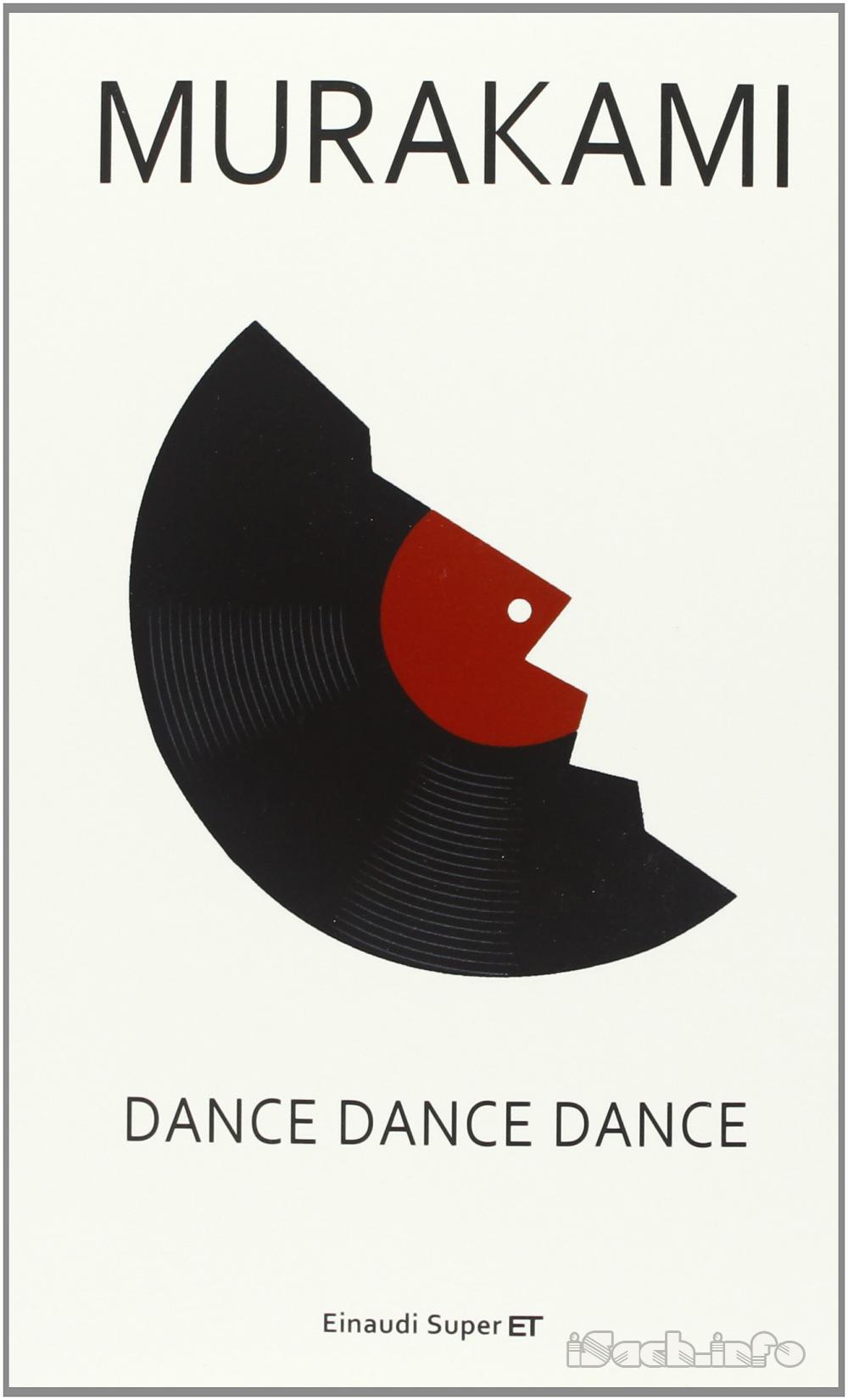Chapter 37
I
went up to see Yuki a few more times. Three times, to be exact. Staying in the mountains of Hakone with her mother didn't seem to hold any particular attraction for her. She wasn't happy there, but she didn't hate it either. Nor did she feel compelled to look after her mother. Yuki let herself be blown along by the prevailing winds. She simply existed, without enthusiasm for all aspects of living.Taking her out seemed to bring back her spirits. My bad jokes slowly began to elicit responses, her voice regained its cool edge. Yet, no sooner would she return to the house than she became a wooden figure again. Her voice went slack, the light left her eyes. To conserve energy, her little planet stopped spinning.
"Wouldn't it be better for you to be back on your own in Tokyo for a while?" I asked her as we sat on the beach. "Just for a change of pace. Three or four days. A different environment can do wonders. Staying here in Hakone's only going to bring you down. You're not the same person you were in Hawaii."
"No way around it," said Yuki. "But it's like a phase I have to go through. Wouldn't matter where I was, I'd still be like this."
"Because Dick North died and your mother's like that?" "Maybe. But it's not the whole thing. Just getting away from Mama isn't going to solve everything. I can't do anything on my own. I don't know, it's just the way I feel. Like my head and body aren't really together. My signs aren't so good right now."
I turned and looked out to sea. The sky was overcast. A warm breeze rustled through the clumps of grasses on the sand.
"Your signs?" I asked.
"My star signs," Yuki smiled. "It's true, you know. The signs are getting worse. Both for Mama and me. We're on the same wavelength. We're connected that way, even if I'm away from her."
"Connected?"
"Yeah, mentally connected," Yuki said. "Sometimes I can't stand it and I try to fight it. Sometimes I'm just too tired and I give in, and I don't care. It's like I'm not really in control of myself. Like I'm being moved around by some force. I can't stand it. I want to throw everything out the window. I want to scream 'I'm only a kid!' and go hide in a corner."
Before it got too late I drove Yuki home and headed back to Tokyo. Ame asked me to stay for dinner, as she invariably did, but I always declined. A very unappetizing prospect, the idea of sitting down to a meal with mother dreary and her disinterested daughter, both on the same wavelength, there in the lingering presence of the deceased. The dead-weighted air. The silence. The night so quiet you could hear any sound. The thought of it sank a stone in my stomach. The Mad Hatter's tea party might have been just as absurd, but at least it was more animated.
I played loud rock 'n' roll on the car stereo all the way home, had a beer while cooking supper, and ate alone in peace. Yuki and I never did much. We listened to music as we drove, lolled around gazing at clouds, ate ice cream at the Fujiya Hotel, rented a boat on Lake Ashinoko. Mostly we just talked and spent the whole afternoon watching the day pass. The pensioners' life.
Once, upon Yuki's suggestion that we see a movie, we drove all the way down to Odawara. We checked the listings and found nothing of interest. Gotanda's Unrequited Love was playing at a second-run theater, and when I mentioned that Gotanda was a classmate from junior high school, whom I got together with occasionally, Yuki got curious.
"Did you see it?"
"Yeah," I admitted, "I saw it." I didn't say how many times.
"Was it good?" asked Yuki.
"No, it was dumb. A waste of film, to put it mildly."
"What does your friend say about the movie?"
"He said it was a dumb movie and a waste of film," I laughed. "And if the performer himself says so, you can be sure it's bad."
"But I want to see it anyway."
"As you wish."
"You don't mind?"
"It's okay. One more time's not going to hurt me," I said.
On a weekday afternoon, the theater was practically empty. The seats were hard and the place smelled like a closet. I bought Yuki a chocolate bar from the snack bar as we waited for the movie to start. She broke off a piece for me. When I told her it'd been a year since I'd last eaten chocolate, she couldn't believe it.
"Don't you like chocolate?"
"It's not a matter of like or dislike," I said. "I guess I'm just not interested in it."
"Interested? You are weird. Whoever heard of not liking chocolate? That's abnormal."
"No, it's not. Some things are like that. Do you like the Dalai Lama?" "What's that?"
"It's not a 'what,' it's a 'who.' He's the top priest of Tibet."
"How would I know?"
"Well, then, do you like the Panama Canal?"
"Yes, no, I don't care."
"Okay, how about the International Date Line? Or pi? Or the Anti-Trust Act? Or the Jurassic Period? Or the Senegalese national anthem? Do you like or dislike November 8, 1987?"
"Shut up, will you? How can you churn out so much garbage so fast?" she struck back. "So you don't like or dislike chocolate, you're just not interested in it. Happy?"
Presently the movie began. I knew the whole story backwards, so I didn't bother paying a lot of attention. Yuki didn't think much of the picture either, if the way she muttered to herself was any indication.
On screen, the handsome teacher Gotanda was explaining to his class how mollusks breathe. Simply, patiently, with just the right touch of humor. The girl lead gazed at him.
"Is that guy your friend?" Yuki asked.
"Yeah."
"Seems like a real airhead," said Yuki.
"You said it," I said. "But only in the film. In real life, he's a good guy."
"Then maybe he should get into some good movies."
"That's what he wants to do. Not so easy, though. It's a long story."
The movie creaked along, obvious and mediocre plot. Mediocre script, mediocre music. They ought to have sealed the thing in a time capsule marked "Late 20th Century Mediocrity" and buried it somewhere.
Finally Kiki's scene came up. The most intense point in the movie. Gotanda and Kiki sleeping together. The Sunday morning scene.
I took a deep breath and concentrated on the screen. Sunday morning sunlight slanting through the blinds, the same light, same exposure, same colors as always. I'd engraved every detail of that room in my brain. I could almost breathe the atmosphere of that room. Zoom in on Gotanda. His hand moves down Kiki's spine. Sensuously, effortlessly, caressing. The slightest tremor of response runs through her body. Like a candle flame just flickering in a microcurrent of air that the skin doesn't feel. I hold my breath. Close-up of Gotanda's fingers. The camera starts to pan. Kiki's face comes into view. Enter lead girl. She climbs the apartment stairs, knocks on the door, opens it. Once again, I ask myself, why isn't it locked? Makes no sense. But it doesn't have to. It's just a film and a mediocre one at that. The girl walks in, sees Gotanda and Kiki getting it on. Her eyes register shock. She drops her cookies and runs. Gotanda sits up in bed, numbly observing what has transpired. Kiki has her line, "What was that all about?"
The very same as always. Exactly the same.
I shut my eyes. The Sunday morning light, Gotanda's hand, Kiki's back, everything floats up with singular clarity. A discrete little world existing in a dimension all its own.
The next thing I know, Yuki was bent forward, head on the backrest of the seat in front, with both arms wrapped around herself as if to ward off the cold. Dead silent, not moving a hair. Hardly a sign of breathing.
"Hey, are you all right?" I asked.
"No, I don't feel very well," Yuki barely squeezed out the words.
"Let's get out of here. Do you think you can manage?"
Yuki half-nodded. I held her stiffened arms and helped her out of the theater. As we walked up the aisle, Gotanda was up on the screen behind us, lecturing the class in biology. Outside, the streets were hushed under a curtain of fine rain. The scent of surf blew in from the sea. Supporting her by the elbow, I walked her slowly to the car. Yuki was biting her lip, not saying anything. I didn't say anything either. The parking lot was scarcely two hundred meters from the theater, but it took forever.



 ePub
ePub A4
A4